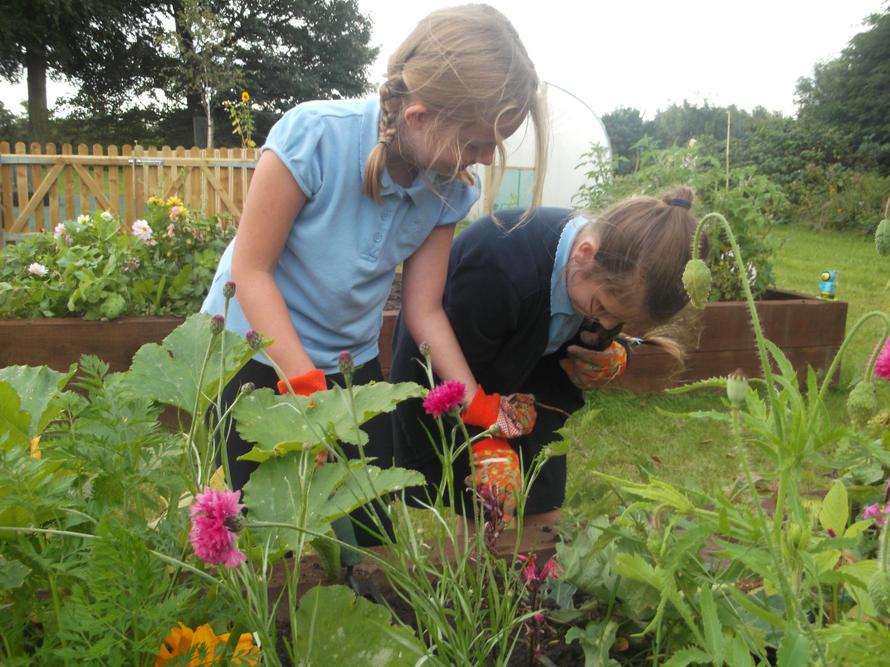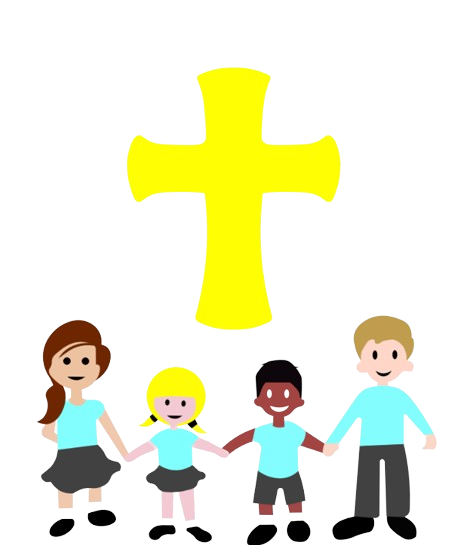School Grounds
Important of Children Outside Learning
Here at St Paul’s Primary School, we are really fortunate to be surrounded by a rich, outdoor green space. Our school grounds include playgrounds, a large open field, a woodland area and our very own gardening area, including wildflower beds.
All children learn differently, and we are committed to give every child the opportunity to learn in the best way for them. Lessons are carefully planned and linked to the national curriculum objectives for each particular year. Children are exposed to a variety of curriculum areas using the outdoor environment. For example, PSHE, Science, Maths or Literacy.
Immersing children in nature has a positive effect on their overall development. We believe outdoor learning not only allows children to get some fresh air, it allows them to explore, discover, and grow in a natural environment. Participation in our outdoor lessons help our children to:
- Improve problem-solving and critical thinking, leading to improved confidence and resilience
- Improve emotional health and wellbeing whilst inspiring and motivating
- Allows children to show their learning skills in different ways
- Allows children to promote their curiosity and creativity by connecting with the environment by hands-on learning
- Encourages children to learn away from the restrictions of the classroom
Gardening with Phil
Phil Harris runs our gardening sessions and our children always look forward to their gardening session. School will contact parents on the Monday of the week their child’s class is taking part. Children will need to bring a change of clothes in to school on the day and wellies (during the autumn/winter season).
During outdoor learning, the children engage in a wide range of tasks and activities based around two main themes; Ecology and Growing & Harvesting Food.
Growing and Harvesting Food
Children are involved in maintaining and looking after the allotment as we aim to grow food. Through this process, children are taught about the weather, the four seasons, and the success and failures that occur when growing your own food.
We talk about nutrition and the health benefits of naturally grown food, which is incorporated into our cooking sessions where children get to taste and enjoy what has been grown.
Ecology
Children are taught the decline in species can be reversed and habitats can be created to support a range of flora and fauna through a practical hands approach. Around school, we have a created a range of meadow and wildflower landscapes. Not only are we increasing the variety of plant species, we are in turn supporting more insect life, which provides additional food for urban birds.
In addition, we have created an orchard, built bird boxes, been involved in woodland ecology and wildlife surveys. Each year we are always looking to improve the natural systems we create, and build on growing food from the previous year.
Our children are out gardening all year round, using garden tools such as spades, trowels, loppers and secateurs which are used for sowing seeds and planting. They have such a great involvement in creating a learning environment for themselves and for the school.


